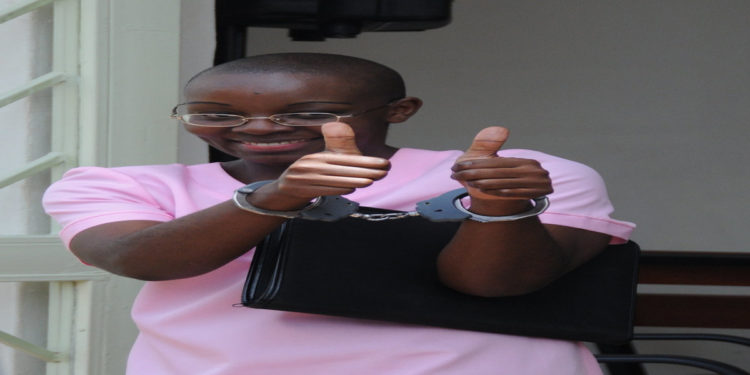Questions are lingering over steps Rwanda will take after the African Court on Human and People’s Rights ruled that an opposition leader’s rights had been violated.
Victorie Ingabire returned from 16 years of exile in the Netherlands to register the FDU-Inkingi political party, of which she was leader, and to present herself as a candidate for the 2010 presidential elections. Events took a nasty turn after she returned to Rwanda and was immediately placed under house arrest and barred from participating in the elections. She had lived in exile for 16 years before returning to Rwanda in early 2010. Within months of President Kagame’s re-election, Ingabire was arrested and charged with terrorism against the state, genocide ideology (though ultimately convicted for genocide minimization), and inciting insurrection by spreading rumours. On October 30, 2012, she was sentenced to eight years imprisonment. In December 2013, Rwanda’s Supreme Court confirmed the conviction and increased the sentence to 15 years. Amnesty International and other NGOs that followed the trial concluded it was unfair.
The judgment is not only important for Rwanda and its citizens, but also for donor states that provide support, most definitely the Netherlands, which has been financing Rwanda’s justice system.







